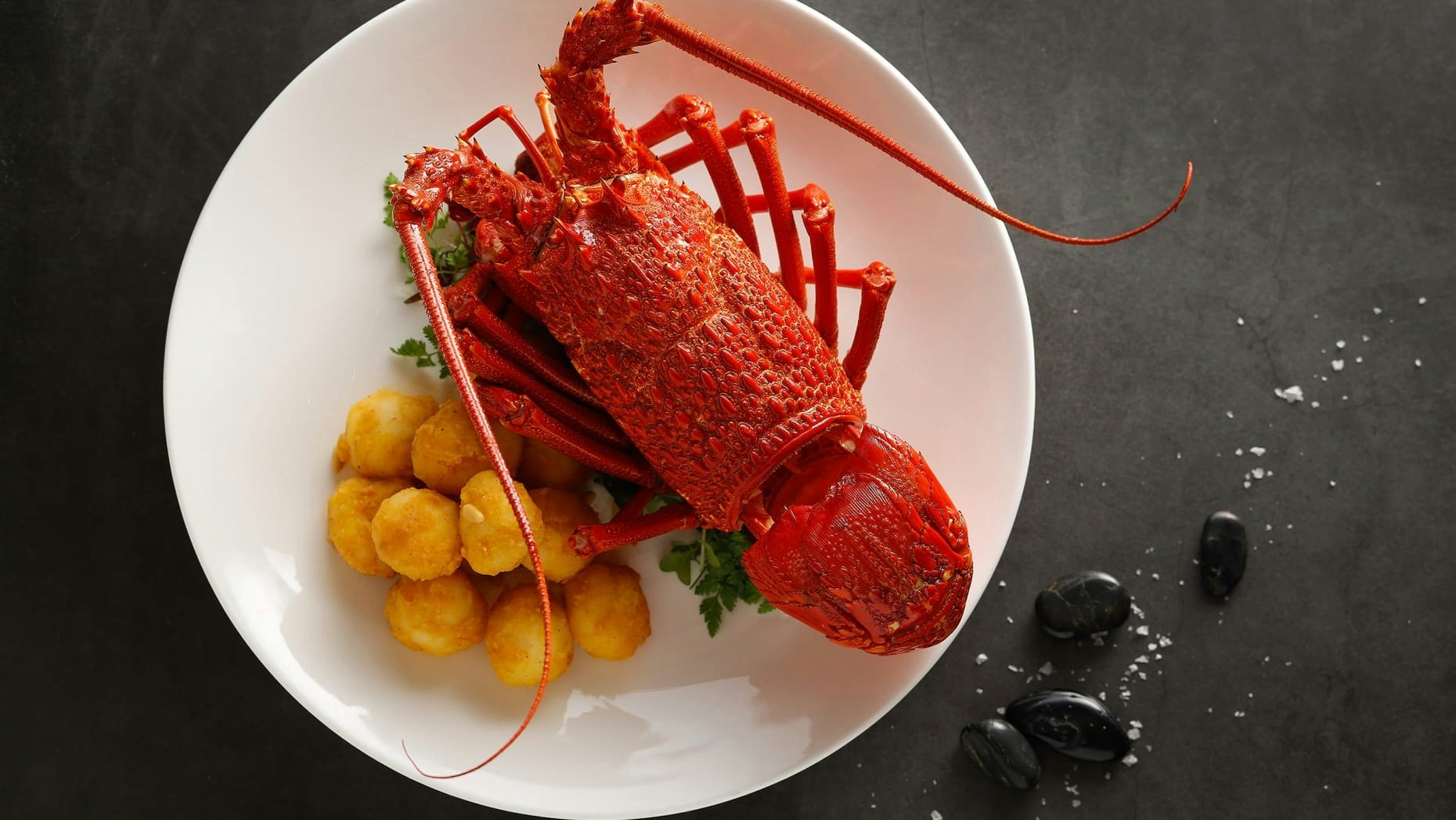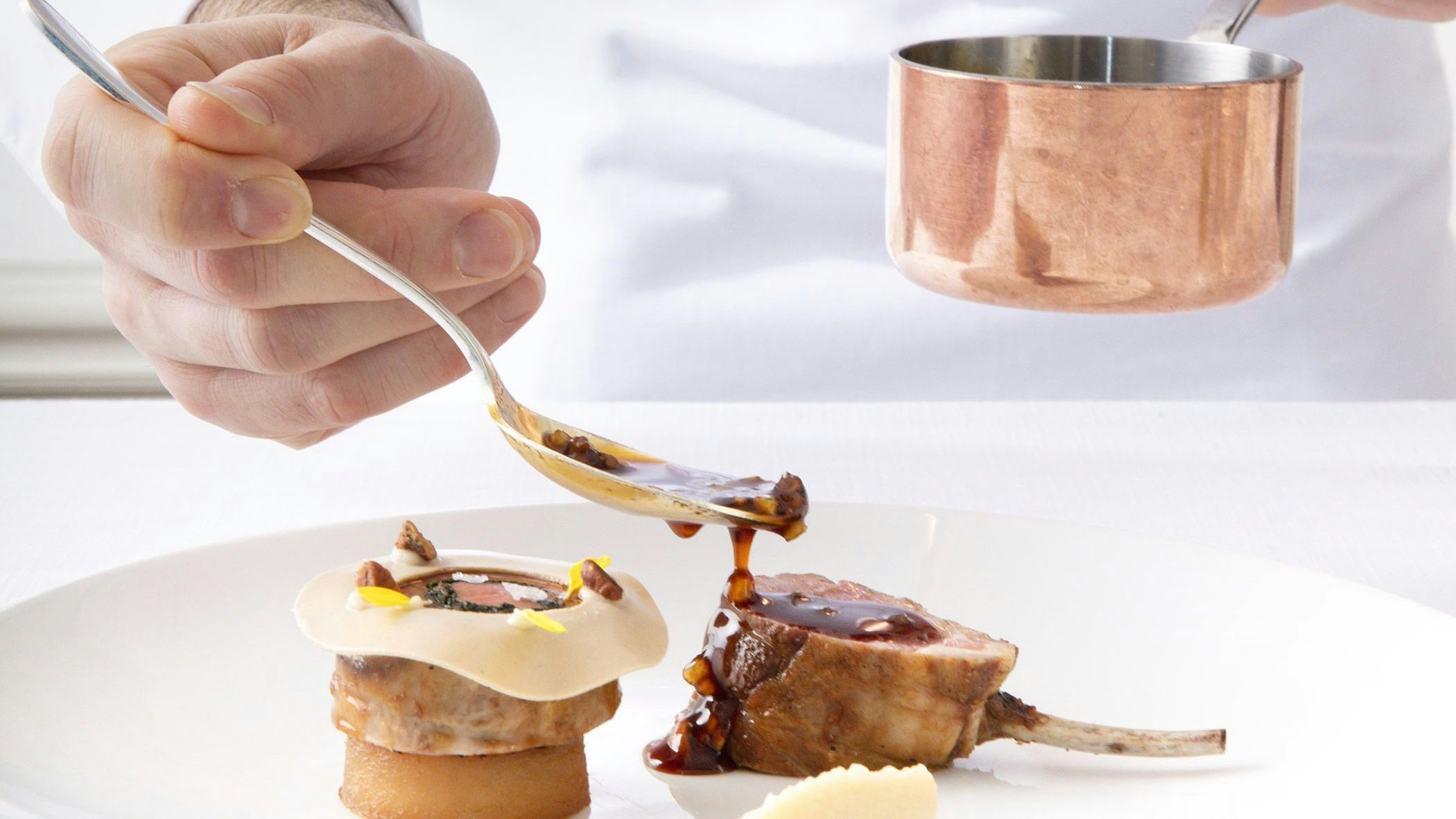Chinese cuisine might be 5,000 years old, but only in the last few decades has it truly come into its own in the fine-dining realm. From lavish restaurants serving modernized imperial dishes, to quaint eateries sourcing the country’s top ingredients locally, China’s economic growth has given birth to a vibrant food scene for gourmands.
And so the world’s dining guide par excellence, the Michelin Guide, entered China in 2016. Immediately, it faced a backlash due to its apparent cultural deafness. In response, Meituan released the Black Pearl guide, which critics said more accurately represented Chinese people's view of what fine food is.
But it is perhaps a sign of the current state of luxury in China that even amid this criticism, Michelin’s popularity shows no signs of waning, according to industry insiders who spoke to Jing Daily — suggesting that Western influence on Chinese luxury tastes is still alive and kicking.
“Initially when Michelin launched their first guide in China, there were lots of haters from the restaurant industry, since they are reluctant to be judged by a French company,” says Kevin Chan, a food critic at the Fine Dining Explorer (FDE) blog and the first person to have dined at all restaurants on the World’s 50 Best Restaurants list.
“But for restaurants who got a star, it was life changing overnight. Suddenly, long queues of customers were trying to get a table! It's like winning a jackpot,” he added.
As Western brands — from Louis Vuitton opening a restaurant in Chengdu, to celebrity chefs and fashion brands launching cafés and restaurants — wrestle with how to capture their share of the Chinese market, they'll do well to note the changing preferences of the Chinese palate and what they say about the state of the luxury market in the country.
Why Michelin is (still) popular in China#
When Michelin released its first Shanghai guide, local critics and restaurateurs alike sharply rebuked the move, noting the proportion of non-Chinese restaurants. They questioned whether it was appropriate to let Western judges dish out ratings on Chinese cuisine, whose standards for fine dining are often lost on Western palates.
The French company has since made it a point to emphasize that its food critics are largely Chinese, and in its latest guide for Beijing, for example, 30 of the 36 starred restaurants featured Chinese cuisine.
Despite all its controversies, FDE’s Chan says the Michelin Guide delivers trustworthy recommendations. “In comparison, non-Michelin starred restaurants in China have a huge variation in quality. You really need to do lots of online research to pick out the good restaurants,” he adds.
Some restaurants, like fine-dining chain Xin Rong Ji, have managed to garner the admiration of both Western and Asian guides, having received the maximum awards from both Michelin and Black Pearl. Its success reflects a new paradigm in fine dining, and luxury, in China: patrons seeking authentic flavors and dishes, while eschewing flashy displays that do little for the flavor of dishes.
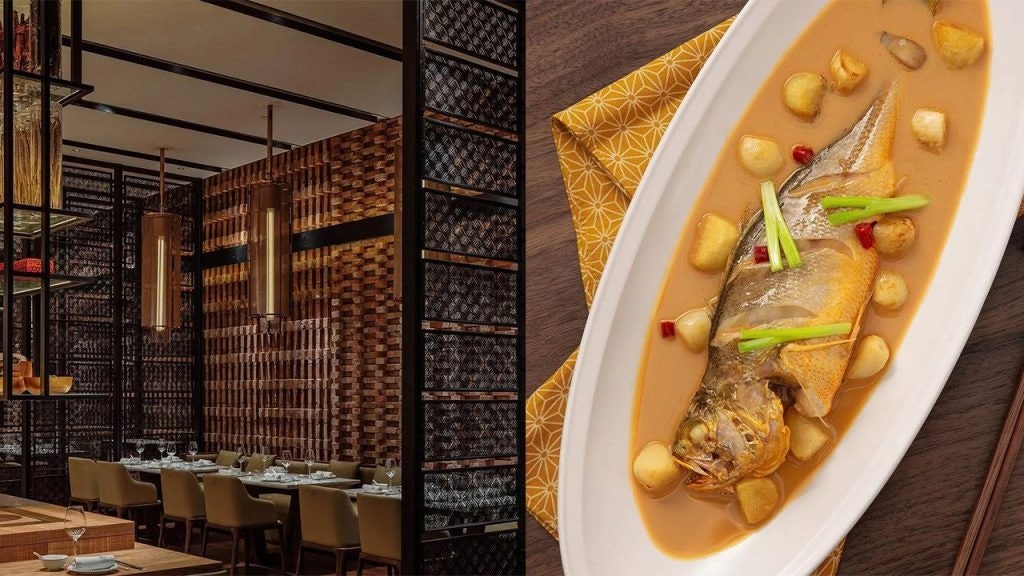
“The Chinese are definitely becoming more confident in local dining … and local dining is getting better,” said Jason Zhang, outlet manager at Cai Yi Xuan, Four Seasons Beijing’s Michelin-starred restaurant. “But I think many people still respect the Michelin guide just as much.”
A market maturing like a fine baijiu#
Delivery and superapp giant Meituan-Dianping made a splash in 2018 when it released the first edition of its Black Pearl Guide, which was billed as a fine-dining guide “promoting the Chinese culinary culture and propelling the development of China’s dining industry.”
“Fine dining can showcase the strength of a country, because it shows that you can choose what you want to eat. It’s part of the culture,” says Jocelyn Chen, a food writer and managing director at Allstar Communications, a communications agency serving the fine-dining industry.
The Black Pearl Guide rates restaurants similarly to Michelin, leaning on food critics and inspectors to rate establishments based on cooking quality, dining experience and how they innovate China’s culinary traditions. It also leverages billions of data points collected from the Meituan superapp.
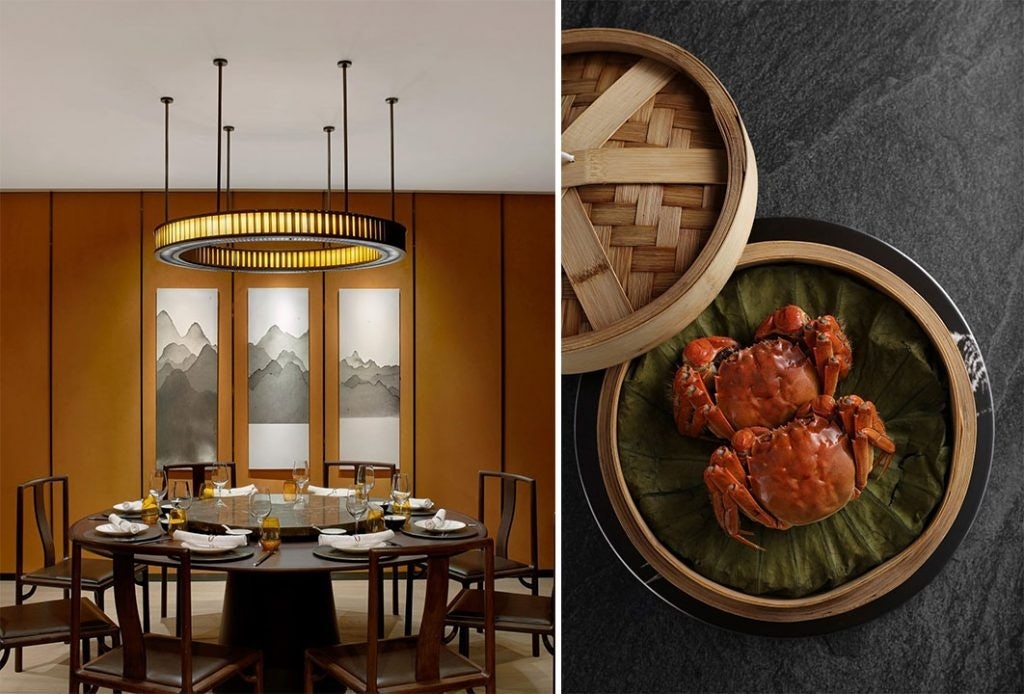
Black Pearl’s influence resonates just as much, if not more, than Michelin’s; dozens of the restaurants listed in 2020 saw online orders and dine-in sales surge, and they all managed to weather COVID-19-induced lockdowns.
“To the consumer, the more endorsements a restaurant has, the easier their choice is,” says Benny Lee, vice president of operations for Hilton Greater China & Mongolia, which operates several restaurants that have been awarded stars by both guides. “Their popularity in China is testament to the increasingly sophisticated palate of the Chinese diner.”
This increasingly refined fine-dining landscape is, in the end, good for business: Meituan’s latest China Fine-Dining Report showed that the market for fine dining expanded 40 percent year-on-year in 2021. The company also pointed out that fine dining today is expanding beyond first and second tier-cities, which have access to the world’s top ingredients: smaller cities are also seeing a renaissance in fine dining, driven by authentic, local food.
“Regional cuisines are growing in prominence in fine dining. People are paying closer attention to the ingredients, nutrition, preparation and sourcing of their food,” adds Hilton’s Lee.
Contrasting philosophies#
While it is still unclear which guide will emerge as the people’s favorite, it’s indubitable that China is in the midst of a fine-dining revolution, amid a wider renaissance in its homegrown luxury industry.
On the one hand, the guochao trend’s effects have permeated from fashion and daily foods all the way to architecture and fine dining, showing Chinese consumers’ increasing desire to tap into the country’s traditions and history, while distancing themselves from Western ideals of luxury.
“We as operators know more about Chinese tastes and can better cater to the tastes of local diners, and integrate the food into the lives of locals,” quips Four Seasons’ Chan.
On the other hand, newly starred restaurants often get booked up for months after receiving the award, indicating that when it comes to tastemaking, Western definitions of luxury likely still hold considerable sway among the Chinese public.
Notwithstanding these cultural differences, Monica Luo, director of communications at Ultraviolet, a Shanghai restaurant with three Michelin stars, thinks Chinese fine dining’s future is bright.
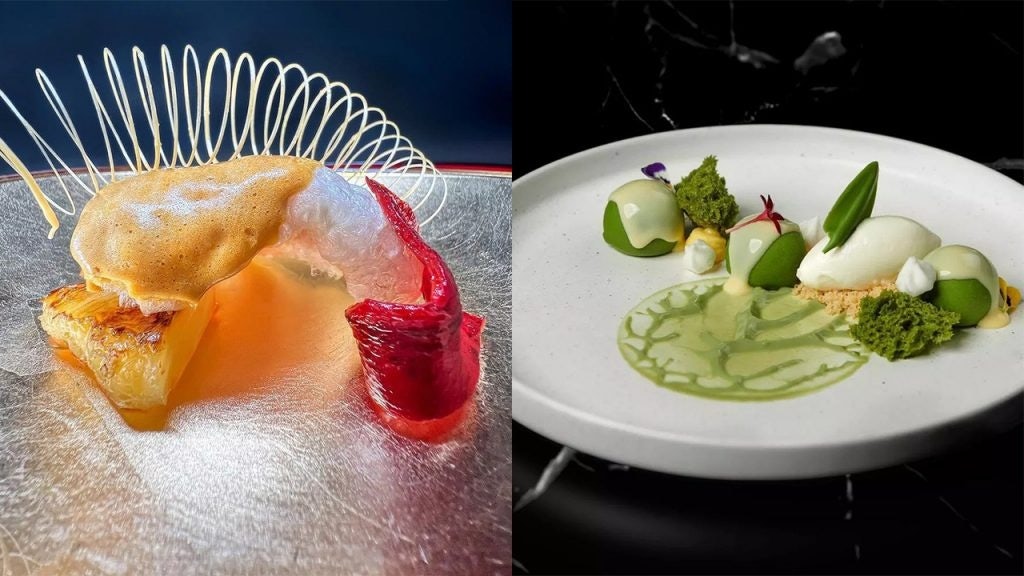
“In the coming years, more well-traveled and trained Chinese chefs will establish their restaurants, and more seasoned diners will appreciate the value of fine dining,” she says.
